Arriving in Liberia
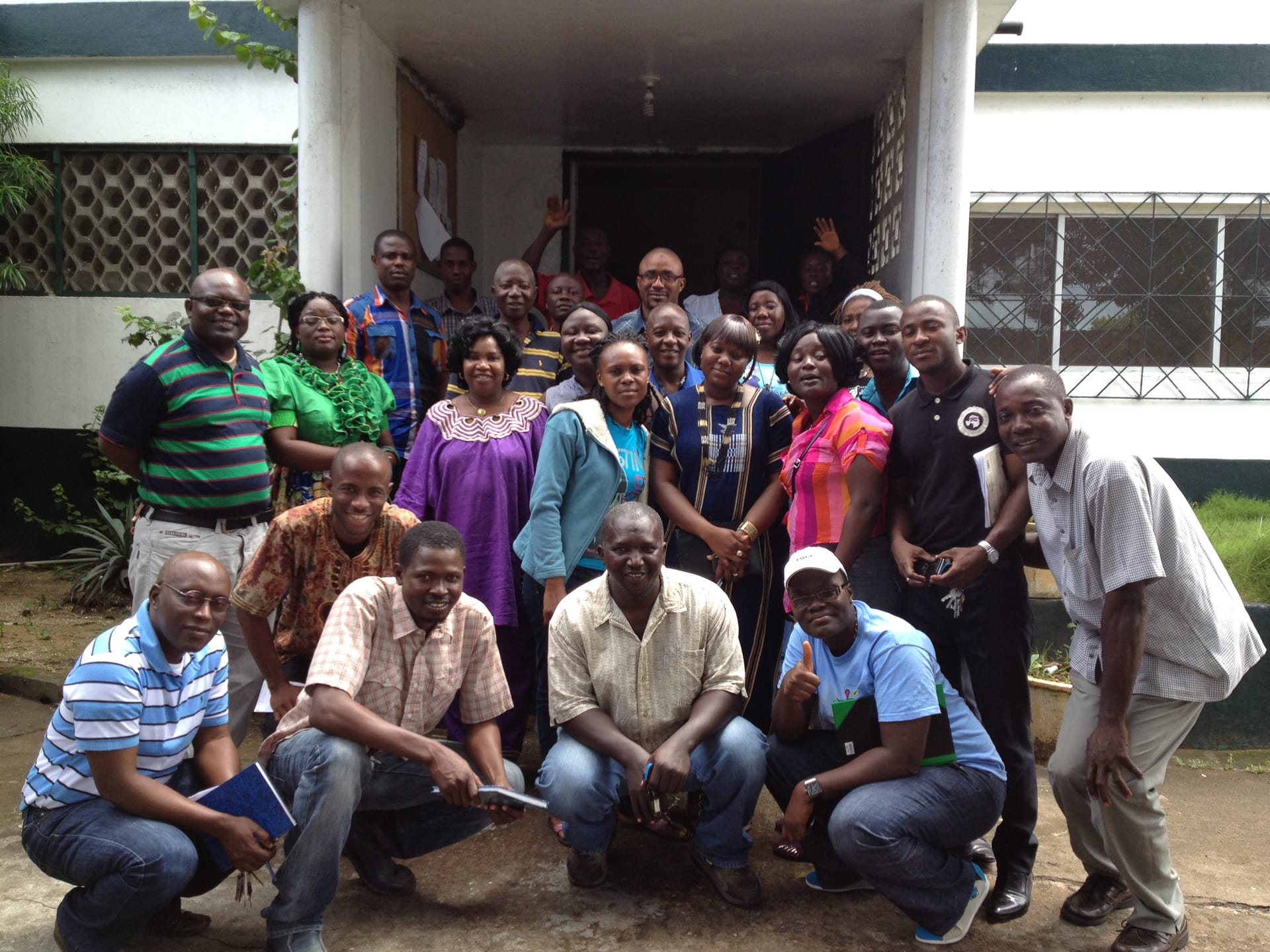
"There are people in the world so hungry, that God cannot appear to them except in the form of bread.”
— Mahatma Gandhi
A year ago today, a little after 5 p.m., your plane glides down through clouds, landing soft as a slip of blank paper onto the runway in Monrovia, Liberia.
Everything is new to you, for instance, how the rain glinting in warm pools at your feet smells different from your redwood rain, as you walk from the sleek Brussels aircraft to the disheveled airport. You feel a beginning, but of what?
It’s just past sunset, the sky scraped orange and amber. Suddenly a swirling smudge, birds, hundreds of them, pour upward.
Starlings! you guess. They are a murmuration, a single body of wings flowing, banking, arching, spiraling, then splintering apart then, just as suddenly, gone.
Sparks spent.
The night feels dimmer than you’d like. No streetlights or porchlights. How many here own a lamp and have electricity? Your regular life, what you now think of cleverly as the lamp of luxury, doesn’t exist here.
Only a few white faces among the many black–you can’t help being struck by this fact. The white faces smile awkwardly at you—you’d never have noticed each other in a crowd of white faces. You’re an introvert, and to be obvious is generally uncomfortable, but you see a benefit.
I can’t get lost here, you think. Wherever I go, there will be people to say, “Yes, I saw her heading that way.”
Petite, you realize how many people are your size, and wonder, Is it tribal traits or poverty that keeps us at eye level?
Waiting to pass through customs, which is little more than two long folding tables, you open and close your suitcase for one man in uniform while another compares your passport photo to you. The duffel bag takes longer, as you explain that the two dozen odd silvery pouches are smoked salmon, gifts for the paramount chiefs you’ll visit when you move on to Sierra Leone.
“Do you know salmon, a type of fish?” you ask.
The men in uniforms whisper to each, serious and questioning, until a third, older, uniformed man appears, asking, “Sall-mone, Madame, Sall-mone?” He swims his hand and arm through air, apparently the universal emblem for a fish in water.
“Yes,” I say, and he smiles, telling the others, in a wise and knowing way, “Sall-mone, Sall-mone. It’s okay.”
A year later you scan your notes of your few days in Monrovia. You’ve scribbled observations about several crowded “neighborhoods,” pure squatter encampments dating back ten years to the end of two consecutive, bloody civil wars lasting more than two decades.
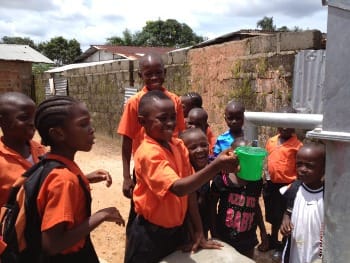
Local people have created their own community schools, and charities are building wells and training teachers.
It’s true, before the wells, children could spend a stifling day in school with nothing to drink. The teachers work for food and housing, essentially volunteering to teach, because the government doesn’t have enough money to pay all teachers real wages.
Mostly they are men who want the children to have a better life, but like all things human, there are abusers, and sometimes the children, girls especially though also boys, pay their wages in the form of sexual favors.
What would anyone do to get an education, to find a path out of those makeshift hovels?
You read the names of people you came to know.
Jonathan, who greeted you at the airport with your name on a sign, drove you through Monrovia’s wild, honking streets and asked you if you’d met Barack Obama. He explained how Liberians feel connected to the US.
“Freedom unites us,” he said. “One day I want to go to America, I want to see if it is real what I have read.”
Shannoh, the program director at ChildFund Liberia, worked in England for years before returning to his native Liberia. Jostling for hours together in a land rover, he explained how an entire generation has grown up on war and how children who witness severe violence have trouble finding peace in themselves.
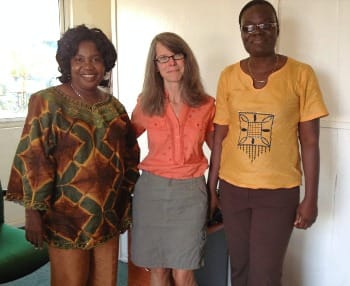
Henrietta, with her masters in social work and years helping families in the US, was passionate about rebuilding her culture, her families here. A modern woman with traditional values, she told you she’d been ‘cut’ as a girl, circumcised, and how female ‘cutting’ is part of a long, secret society of women that strengthens the fabric of communities.
You listened and agreed to consider her view, her personal sense of honor, in what others call ‘genital mutilation.’
There are notes about Pied crows and yellow weaver birds and dazzling, rainbow-colored lizards, technically Agamas, scrambling over garbage, more garbage strewn wherever we went than lizards.
Here is the a passage about the mama-cat who lived near the hotel kitchen. You tossed bits of chicken to her, which she caught, quick and ravenous, before stretching out in a bush to nurse three kittens and, surprise, one ‘teen cat’ likely from an earlier litter.
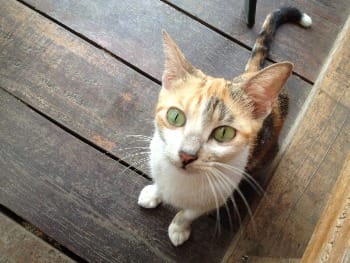
One of the Lebanese owners, sitting at another table reading a newspaper, called you kind and foolish.
Remember how he unsettled you, speaking so plainly, that you wrote down what he said?
“Better to help your little cat friend. She has no mind to know better than to breed. But you humanitarian workers do more harm than good. It would be best for these people to turn their children over to others to raise or to let them die, but you people don’t see that. You people only make the suffering worse for these children whose parents can give them nothing.”
What about love? you’d thought in response, knowing it matters yet isn’t enough, finishing your chicken-less rice, watching the kittens roll and play.
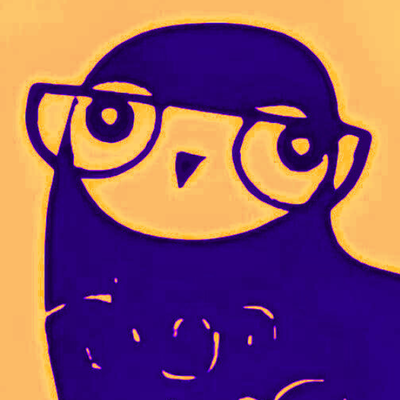
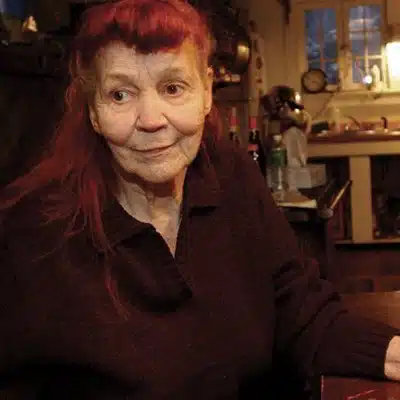
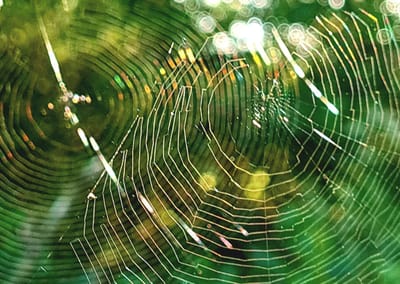
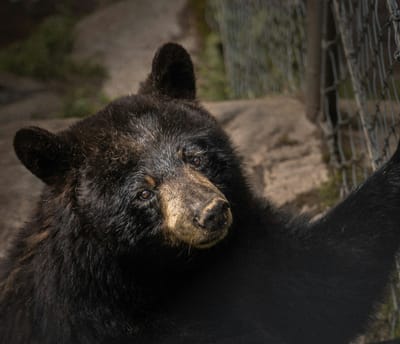
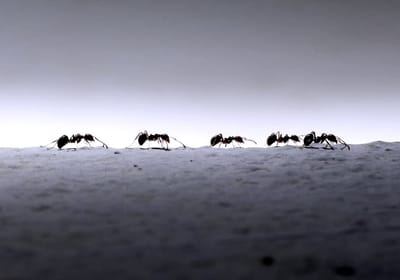
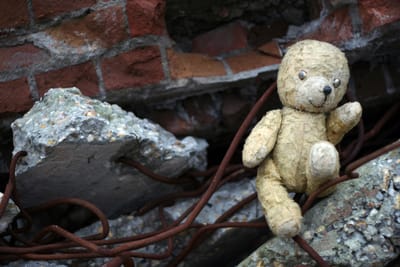

Member discussion